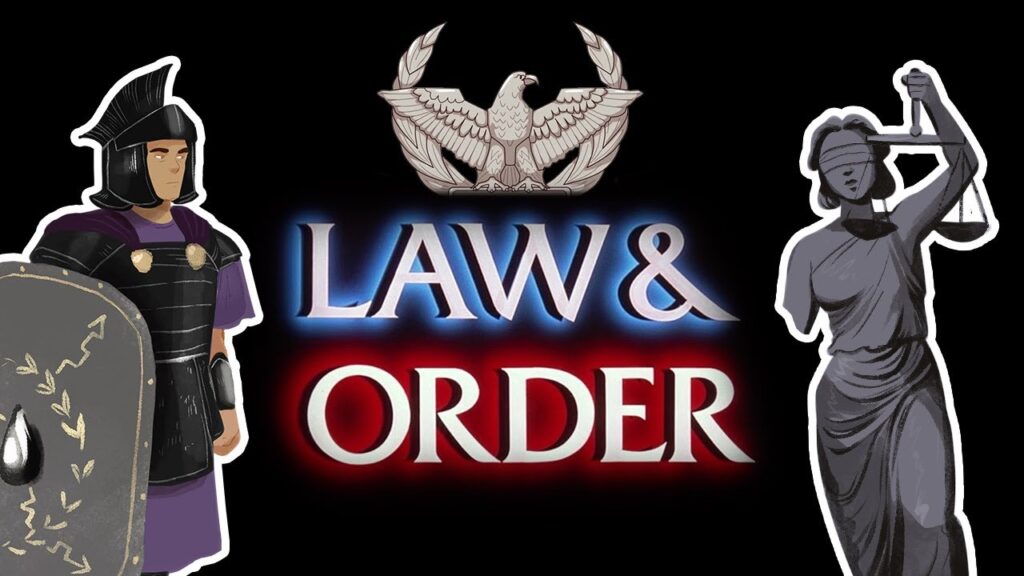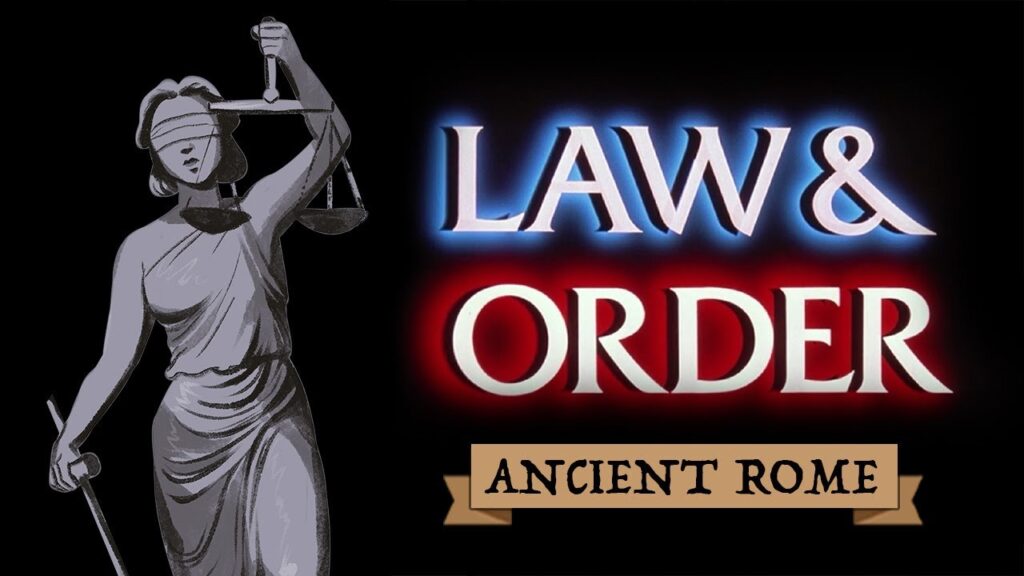However, beneath the veneer of grandeur, Rome faced significant challenges in maintaining law and order. In this article, we delve into the pivotal moments when Rome’s legal system faltered and the consequences it bore.
Introduction to Rome’s Legal System
Rome’s legal system evolved over centuries, blending elements of custom, legislation, and jurisprudence. It provided a framework for governance, ensuring stability and order in a vast empire spanning continents.
Overview of the Rise of Law and Order in Ancient Rome
During its early years, Rome relied on customary laws and traditions to govern its growing populace. As the republic expanded, formal legal codes emerged, such as the Twelve Tables, laying the foundation for a more structured legal system.
Factors Contributing to the Success of Roman Law and Order
Several factors contributed to the success of Roman law and order, including a robust judiciary, efficient law enforcement, and a sense of civic duty among citizens.
Challenges Faced by Roman Law Enforcement
Despite its achievements, Rome encountered various challenges in maintaining law and order, stemming from internal and external pressures.
Instances of Law and Order Failure in Ancient Rome
Throughout its history, Rome experienced moments of lawlessness and chaos, often triggered by political upheaval, economic crises, or social unrest.
Political Instability and Its Impact on Roman Law and Order
Periods of political turmoil, such as the transition from republic to empire, weakened central authority and led to breakdowns in law enforcement.
Economic Crises and Their Effects on Law Enforcement
Economic downturns, exacerbated by factors like inflation and taxation, strained the resources of law enforcement agencies, making it difficult to uphold order.
Military Conflicts and Breakdown of Order in Rome
External threats, including invasions and civil wars, diverted attention and resources away from maintaining internal security, leaving Rome vulnerable to internal strife.
Social Unrest and Its Implications for Law and Order
Social disparities and grievances often erupted into violence, challenging the ability of authorities to maintain control and enforce laws.
Corruption Within the Roman Legal System
Instances of corruption among officials undermined public trust in the legal system, eroding its effectiveness and legitimacy.
Reforms Attempted to Address Law and Order Issues
In response to these challenges, various reforms were enacted, aimed at strengthening law enforcement, combating corruption, and restoring order.
Legacy of Rome’s Legal System
Despite its eventual decline, Rome’s legal system left a lasting legacy, influencing legal traditions across the globe and serving as a historical benchmark for governance.
Lessons Learned from Rome’s Failures in Law and Order
The failures of Rome in maintaining law and order offer valuable lessons for contemporary societies, emphasizing the importance of strong institutions, accountability, and social cohesion.
Contemporary Relevance of Rome’s Experience for Modern Societies
In an age marked by global challenges and uncertainty, the experiences of ancient Rome serve as a reminder of the fragility of law and order and the need for vigilance in safeguarding them.
Conclusion
The history of Rome is replete with examples of triumphs and tribulations, including its struggles to maintain law and order. By examining these challenges and their repercussions, we gain insight into the complexities of governance and the perennial quest for justice and security.
Unique FAQs
- How did corruption affect Rome’s legal system? Corruption eroded public trust in authorities, leading to inefficiencies in law enforcement and undermining the rule of law.
- What role did social unrest play in Rome’s downfall? Social unrest often resulted from economic disparities and political disenfranchisement, contributing to instability and weakening the fabric of society.
- Were there any successful reforms to address law and order issues in Rome? While some reforms were implemented, they often faced resistance from entrenched interests, highlighting the challenges of institutional change in times of crisis.
- What parallels can be drawn between Rome’s experience and contemporary societies? Similarities can be observed in the impact of political instability, economic crises, and social unrest on the maintenance of law and order, underscoring the universality of governance challenges.
- How did Rome’s legal legacy influence modern legal systems? Rome’s legal principles, such as the presumption of innocence and the concept of legal rights, continue to shape modern legal frameworks, demonstrating the enduring relevance of ancient jurisprudence.
